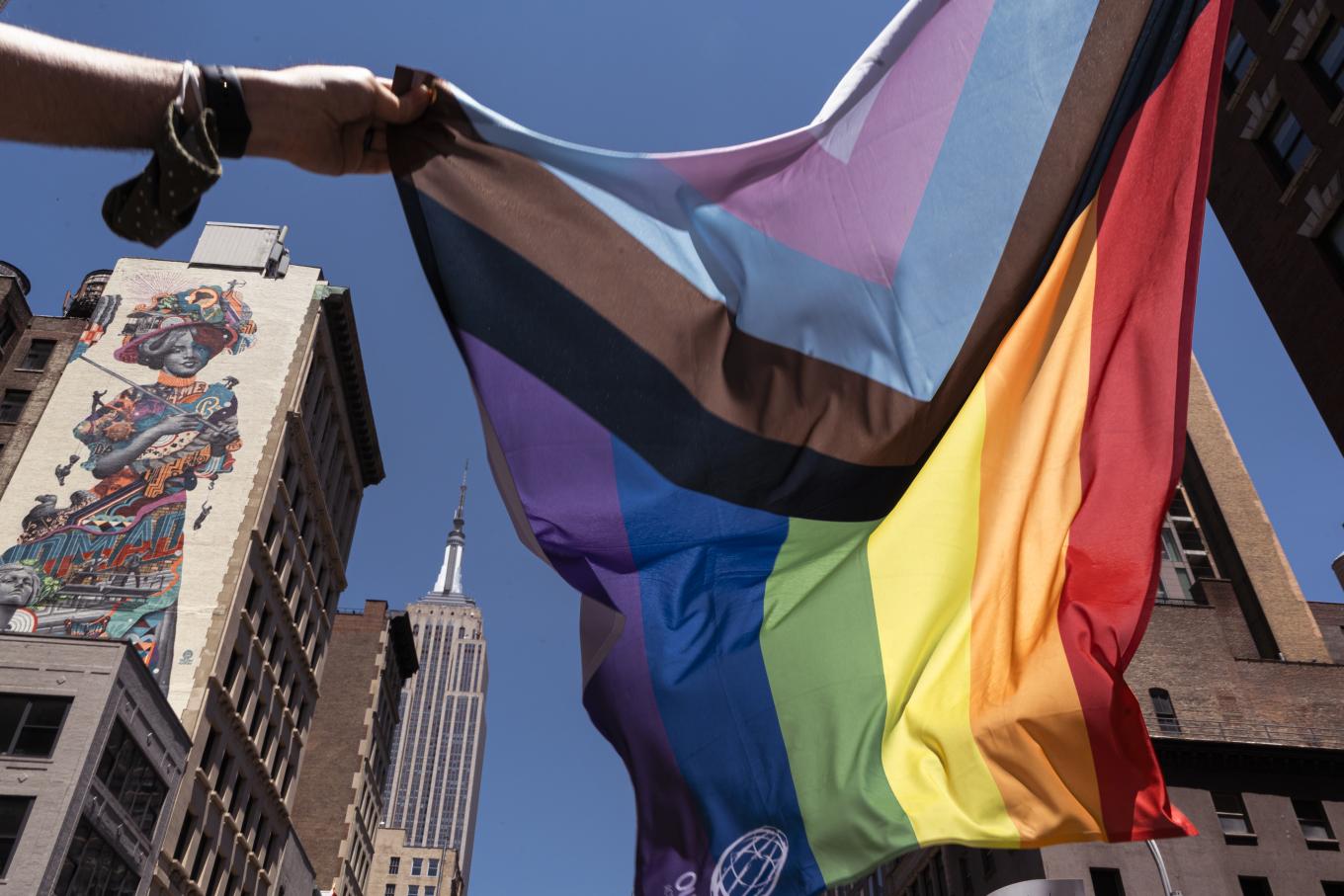
Country Overview
South Sudan
At a glance
View more for this country:
The Penal Code of South Sudan, introduced in 2008, criminalizes same-sex intimacy through the prohibition of "unnatural offenses," language inherited from British colonial rule in Sudan. These are defined in Section 248 as "carnal knowledge against the order of nature," with a maximum penalty of 10 years imprisonment, a fine, or both. Section 249 criminalizes acts of “gross indecency,” which is punishable with up to fourteen years imprisonment and/or a fine. This preexisting legislation remained the country's criminal code once the independence of South Sudan was fully established in 2011. The law also criminalizes “cross-dressing” by men through Article 379, stating "any male person who dresses or is attired in the fashion of a woman" in public can be punished with up to three months imprisonment if convicted.
Same-sex marriage is not legally recognized, and a heteronormative definition of marriage is inscribed in the Constitution adopted in 2011. Article 15 on the right to found a family holds that “every person of marriageable age shall have the right to marry a person of a different sex and to found a family according to their respective family laws, and no marriage shall be entered into without the free and full consent of the man and woman intending to marry.”
The Non-Governmental Organisations Act, introduced in 2016, declares that organizations may not contravene the country's sovereignty or its institutions and laws. Civil society organizations that support gender diversity or LGBTIQ equality may not be permitted to operate in South Sudan, as they would be in conflict with the existing law. Access for All, a community-based organization supportive of LGBTIQ people’s human rights, was reportedly intimidated into closing its doors in 2017. Security forces raided the organization’s premises and detained staff members but later released them without charge, according to the organization's executive director, who later left the country. There were no LGBTIQ organizations in the country known to Outright as of 2023.
The U.S. Department of State's 2022 Human Rights Report found that openly LGBTIQ citizens had fled South Sudan due to actively hostile rhetoric by notable politicians and religious leaders. Their reports from 2018, 2020, 2021, 2022, and 2023 tackled incidents of discrimination and abuse by state actors, as "LGBTQI+ persons reported security forces routinely harassed and sometimes arrested, detained, tortured, and beat them.”
*Outright research indicates that the bodily autonomy of intersex people is not respected and protected in this country.
Global Impact
Sub-Saharan Africa
Outright supports LGBTIQ organizations in Sub-Saharan Africa and works with mainstream human rights organizations to respect human rights and influence positive changes in laws, policies, attitudes and beliefs that cause discrimination against LGBTIQ people.
United Nations
Our work at the United Nations centers around advocating for the advancement of the rights of LGBTIQ people.
View this regionAsia
Our work in Asia promotes acceptance of sexual and gender diversity at all levels of society.
View this regionSouthwest Asia and North Africa
In the Southwest Asia and North Africa, we partner with local groups in various countries as part of our international solidarity work. We also work with our local partners on different topics through capacity building, advocacy, research and holistic security.
Europe and Central Asia
Outright International partners with activists to fight for an end to human rights violations based on sexual orientation, gender identity and gender expression in Europe and Central Asia, where most of our work involves emergency responses to harassment, discrimination, violence, and most recently, Russia’s brutal and expanded invasion of Ukraine.
Americas
Our work in the Americas continues to build on the fundamental and positive transformation of human rights protections in recent years. We partner with groups in the Caribbean that focus on ending gender-based violence and eradicating discrimination against trans people.
Pacific
Our work in the Pacific aims to increase the visibility of activists, respond to human rights emergencies, and actively bridge local, regional, and international activism to achieve equality and justice.
Global
View this region
Human Rights Research
Since 1990, we have partnered with activists from all over the world to produce hundreds of groundbreaking reports.
Read Our Reports